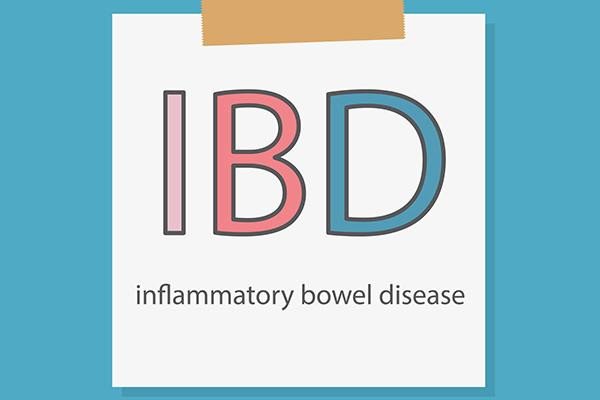A healthy gut microbiome might help people with IBD, but should probiotics—or prebiotics—be part of that?
Inflammatory Bowel Disease (IBD), which includes Crohn’s disease and ulcerative colitis, is a chronic condition characterized by inflammation in the gastrointestinal (GI) tract. While medications and dietary adjustments are standard treatments, many patients explore complementary therapies like probiotics to manage symptoms and improve gut health. But can probiotics truly help calm IBD? Let’s explore the science and potential benefits.
What Are Probiotics?
Probiotics are live microorganisms, often referred to as “good bacteria,” that support a healthy gut microbiome. Found in fermented foods like yogurt and supplements, these beneficial bacteria can help maintain a balanced gut environment, which is crucial for overall digestive health.
The Role of Gut Microbiota in IBD
IBD is linked to an imbalance in the gut microbiota, known as dysbiosis. This imbalance can exacerbate inflammation and contribute to flare-ups. Probiotics aim to restore the balance by introducing beneficial bacteria, potentially reducing inflammation and supporting the intestinal lining.

Evidence Supporting Probiotics for IBD
Research suggests that certain probiotic strains may benefit IBD patients by:
- Reducing Inflammation: Probiotics can modulate immune responses, helping to calm excessive inflammation in the gut.
- Improving Gut Barrier Function: They strengthen the intestinal lining, reducing permeability and preventing harmful bacteria from triggering inflammation.
- Managing Symptoms: Some studies show probiotics can reduce symptoms like diarrhea, bloating, and abdominal pain, improving quality of life.
For example, the probiotic strain Escherichia coli Nissle 1917 has been found effective in maintaining remission in ulcerative colitis, while Lactobacillus and Bifidobacterium strains have shown promise in symptom management.
Limitations and Considerations
While probiotics can be beneficial, they are not a standalone treatment for IBD. The effectiveness of probiotics varies depending on the strain, dosage, and individual response. It’s crucial to consult before starting probiotics, as some may worsen symptoms for certain individuals or during active flare-ups.
Tips for Using Probiotics Safely
- Choose Clinically Studied Strains: Look for probiotics backed by research for IBD, such as Saccharomyces boulardii or VSL#3.
- Start Slowly: Introduce probiotics gradually to monitor your body’s response.
- Pair with a Balanced Diet: Probiotics work best alongside a gut-friendly diet rich in prebiotic fibers that feed beneficial bacteria.
- Monitor Your Symptoms: Keep track of how probiotics affect your symptoms and discuss any changes with your doctor.
Final Thoughts
While probiotics are not a cure for IBD, they can play a supportive role in managing the condition by improving gut health and potentially reducing inflammation. For those with IBD, integrating probiotics under medical guidance may offer a natural and effective way to complement existing treatments and improve overall well-being.
